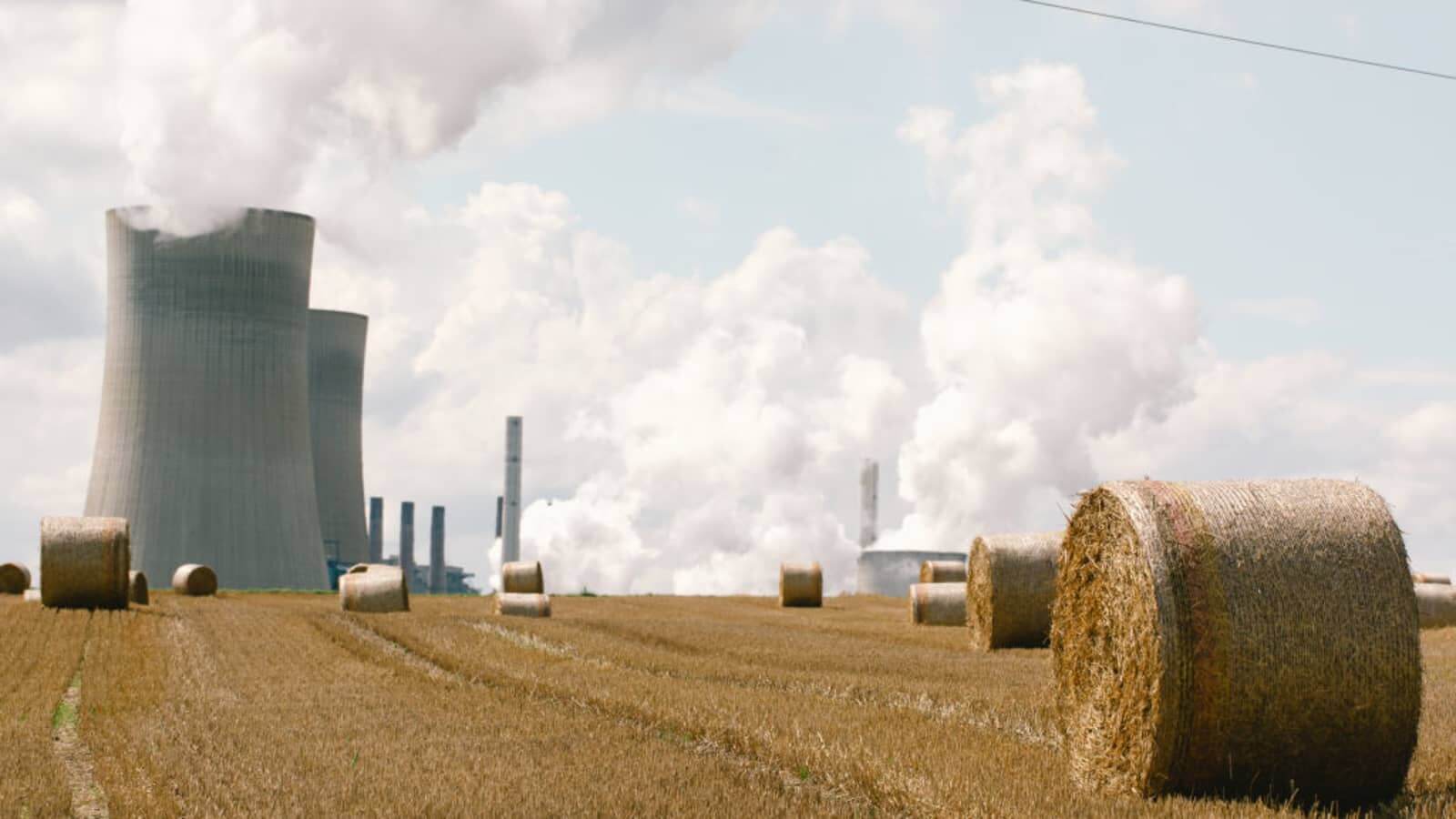Energy prices across the European Union (EU) have dropped after Russian President Vladimir Putin met officials from Gazprom, a state-controlled energy supplier, on Wednesday and urged them to increase gas supplies to the bloc.
Europe has seen soaring energy prices amid an increase in demand during the economic recovery from the COVID-19 pandemic.
During a phone call, Putin asked Alexei Miller, the head of Gazprom, to pump gas into the company’s storage facilities in the European Union. Gazprom was told to supply energy to storage units in Austria and Germany after November 8; Russia’s domestic storage units are also expected to be full. Consequently, an increased supply of energy from Russia led to an immediate fall in gas prices on Thursday.
Putin said, “This will make it possible to fulfil our contractual commitments in a reliable, stable, and consistent manner and to supply our European partners with gas in the autumn and winter.” “This will create a favourable situation, at any rate, a better situation in the European energy market in general,” he added.
About 40% of the EU’s gas imports come from Russia. While Gazprom has fulfilled its commitment under long-term contracts, it has refused to sell any additional gas on the EU spot market and opted to fill domestic storage instead.
Earlier this month, EU foreign policy chief Josep Borrell and other European leaders accused Russia of intentionally withholding gas to create an energy crisis to seek faster approval for the Nord Stream 2 gas pipeline. The Nord Stream 2 connects Germany to Russia via an underground pipeline, increasing Russia’s energy supply to the EU.
Borrell further accused Russia of exerting political pressure on Moldova by using gas as a political weapon, saying, “Certainly, the gas issue is not just a Moldovan issue, but in the case of Moldova, it has political characteristics that have to be very much taken into account.” During a joint press conference with Moldovan Prime Minister (PM) Natalia Gavrilița, Borrell said, “We see attempts by Gazprom to put political pressure in return to lower the gas prices. We agreed with the prime minister on the importance of strengthening resilience against any potential efforts by third parties to use energy as a geopolitical weapon.”
Both the EU and Moldova have accused Gazprom of demanding political concessions from the country, including asking Moldova's newly elected pro-Western government to distance itself from Brussels in exchange for lower gas prices. The Kremlin has denied accusations of Gazprom trying to extract political concessions, saying the negotiations are “purely commercial.” At the same time, Gazprom has said it would suspend gas supply to Moldova if the country fails to pay for previous supplies.
The European Commission has announced aid worth €60 million to help Moldova deal with the energy crunch. However, Moldova’s PM has said that the funds are insufficient.
Moldova’s gas contract with Gazprom expired at the end of September, and its renewal is stuck due to a lack of consensus on new prices. This prompted the Moldovan government to declare a state of emergency last week, and it bought some gas from Poland, Ukraine, and the Netherlands.

